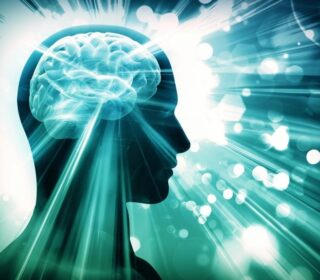A groundbreaking study by researchers at the University of California, San Francisco (UCSF) has made a significant breakthrough in understanding depression. The study reveals that specific brain circuits, when stimulated, can reverse depressive symptoms in mice. This discovery has the potential to lead to innovative treatments for human depression.
The Complexity of Resilience and Depression
Depression is a complex condition that affects millions of people worldwide. While some individuals are able to recover from traumatic experiences and regain their happiness, others remain trapped in depressive cycles. Researchers at UCSF are working to understand why these differences occur, focusing on how the brain shapes these contrasting responses.
Brain Circuit Insights
The study found that stress alters activity in specific brain circuits in mice. These changes differentiate mice that recover from stress from those that do not. By stimulating certain neurons in the less resilient mice, the researchers observed a remarkable shift: the mice stopped dwelling on negative experiences and began seeking pleasure.
A New Potential Treatment Pathway
The discovery suggests that stimulating specific brain circuits could be a potential new treatment pathway for depression. Researchers are now exploring ways to translate this discovery into a non-invasive treatment approach for humans.
The Power of Brain Stimulation
The study used a technique called chemogenetics to stimulate specific neurons in the brain. By attaching artificial molecules to the surface of neurons, the researchers were able to make them fire more often. This led to a significant improvement in the mice’s behavior, with them seeking pleasure and showing reduced signs of depression.
Future Directions
The team plans to explore human brain data to see if they can find similar signatures. Researchers are also working to develop different ways of changing these brain patterns, with the goal of creating a new, non-invasive treatment approach for depression.
A New Hope for Depression Treatment
This breakthrough discovery offers new hope for individuals struggling with depression. While more research is needed to translate this discovery into a human treatment approach, the potential is significant. As researchers continue to explore the complexities of the brain, we may be on the cusp of a new era in depression treatment.

















